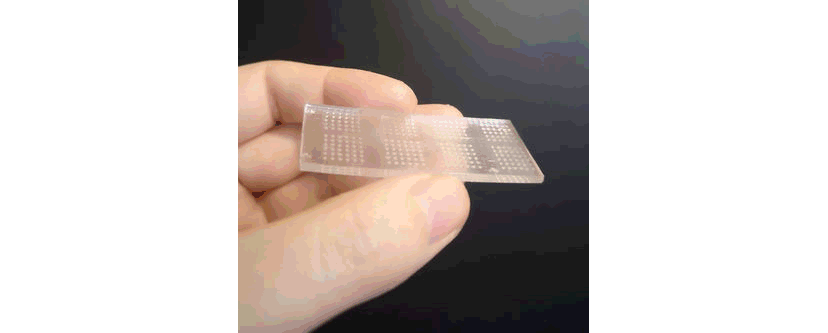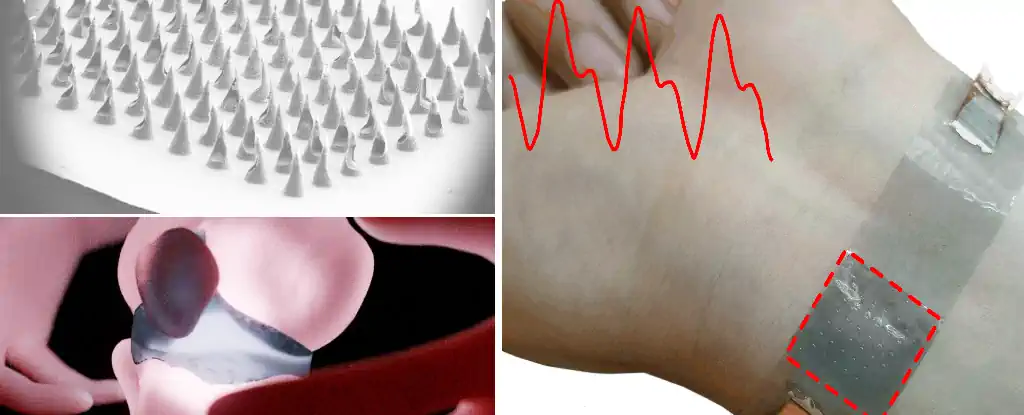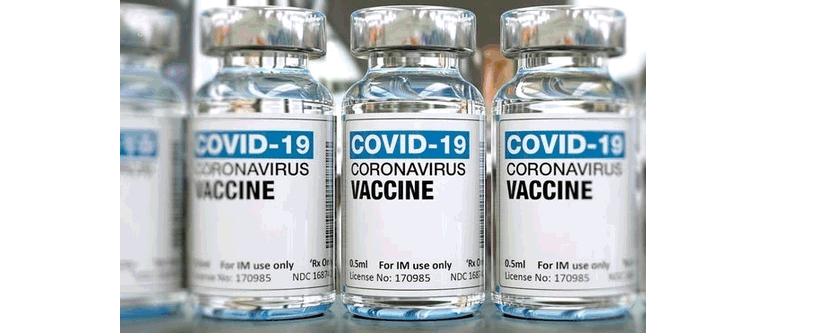January 19, 2021
With 2020 winding down, let’s take a moment to reflect on all that we have accomplished this year for the transplant and living donation community. Together with our partners, we launched the COVID-19 Kidney / Transplant Listening and Resource Center, designed new education for living donors and transplant recipients in partnership with the community, presented our work on digital storytelling and innovative education tools at talks and conferences hosted by the American Transplant Congress, Astellas Pharma Inc., One Lambda Inc., the 2020 Canadian Society of Transplantation Virtual Forum, and continued training new researchers and scientists in the field. We also published more than 20 new papers, book chapters, abstracts, and commentaries. This year we faced unprecedented challenges due to the COVID-19 pandemic, but we were able to pull together to meet those challenges in new and innovative ways to support highly at-risk patients. The transition to the remote environment has led us to some of our best projects yet!
Read more ...








